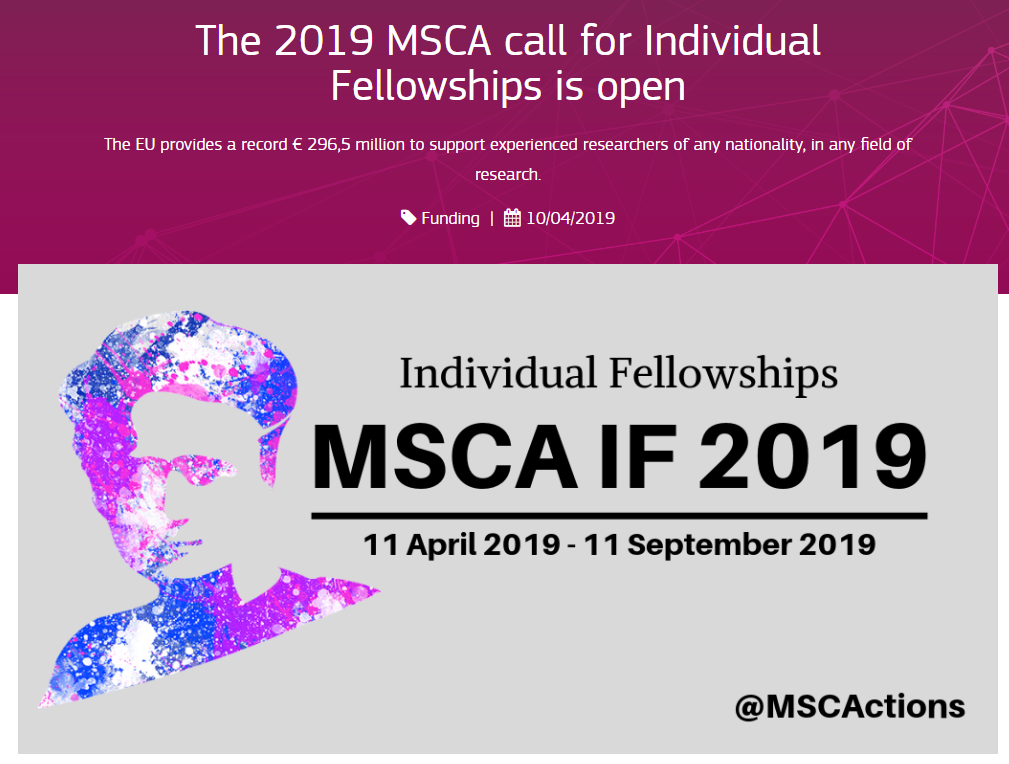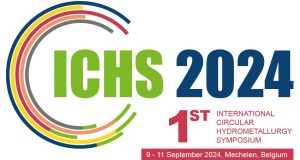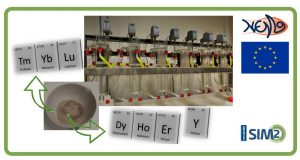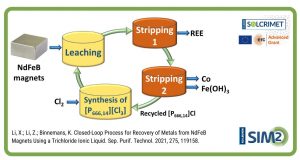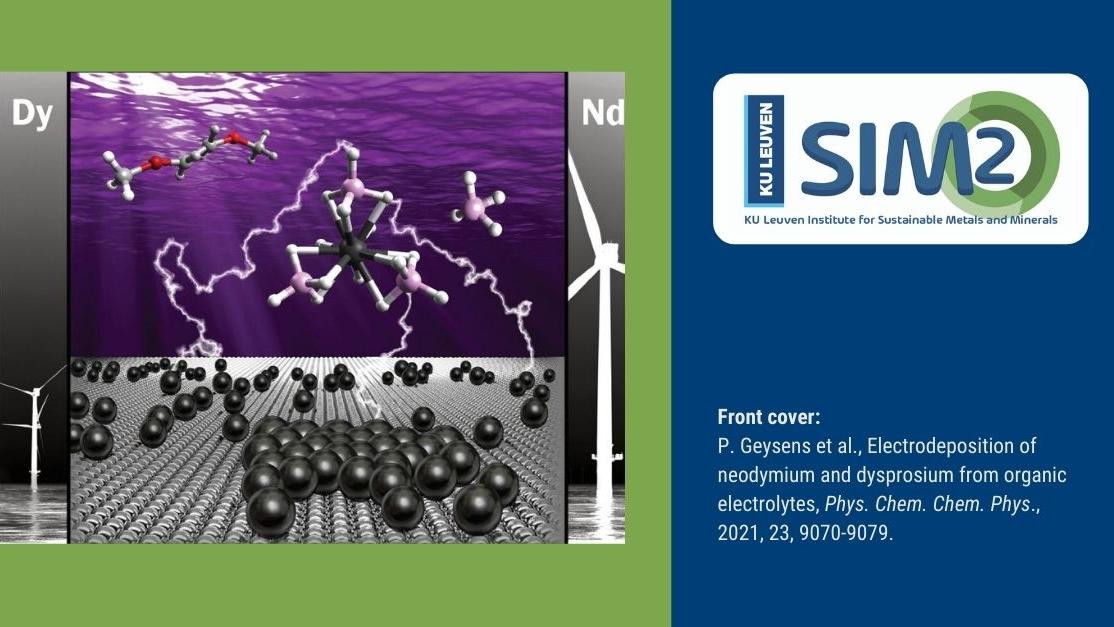The ETN NEW-MINE project organizes a training session on proposal writing dedicated to the MSCA Individual Fellowships in preparation of the 2020 call. The training will take place on Wednesday February 5, 2020, from 13h30 to 17h00, in Park Inn Hotel in Leuven (Belgium). The training is free of charge, but there are only limited spots available. A no-show fee will be applied.
The following topics will be discussed during an interactive training session:
- The elements of an MSCA Individual Fellowship proposal
- Being realistic
- What makes a good '1.Excellence section'
- Who should gain from the knowledge transfer?
- Choosing and describing the host research group.
- How to have the right 2. Impact
- What are exploitation, dissemination and communication?
- 3. Implementation and the Gantt chart
- Risks and how to mitigate them
The 2020 call for MSCA IF is expected in spring 2020. The 2019 call for MSCA IF was open till September 2019. The Marie Skłodowska-Curie Actions 'Individual Fellowships' (MSCA IF) are open to researchers who have a doctoral degree or at least four years’ full-time research experience by the time of the call deadline. Interested researchers can apply for a European Fellowship if you are moving within the EU or associated countries or if you are interested to come to the EU or an associated country from any other country in the world. Within this strand, two panels are particularly attractive for scientists who want to pick-up their research career after a break (Career Restart Panel) or who had worked outside Europe for a while and would like to return (Reintegration Panel).
The goal of the Individual Fellowships is to enhance the creative and innovative potential of experienced researchers, wishing to diversify their individual competence in terms of skill acquisition through advanced training, international and intersectoral mobility. Individual Fellowships provide opportunities to researchers of any nationality to acquire and transfer new knowledge and to work on research and innovation in Europe (EU Member States and Horizon 2020 Associated Countries) and beyond. The scheme particularly supports the return and (re)integration of European researchers from outside Europe and those who have previously worked here, as well as researchers displaced by conflict outside the EU and Horizon 2020 Associated Countries. It also promotes the career restart of individual researchers who show great potential. Proposals are evaluated on three criteria: excellence, impact and quality and efficiency of the implementation.
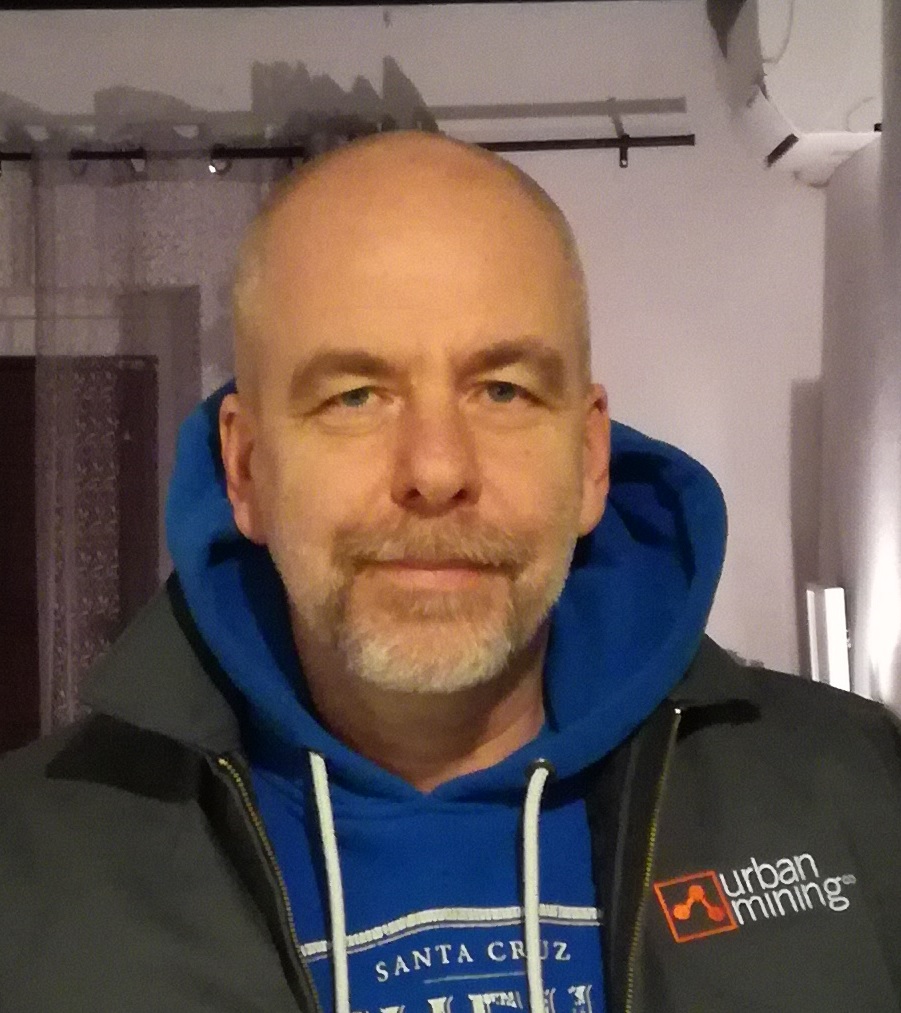
The trainer is dr Paul McGuiness. He holds a PhD in materials science from the University of Birmingham, after which he worked for industry in the US and at universities and research institutes in the UK, Turkey and Slovenia. He now divides his time between research, consulting and writing proposals, where he specialises in the various Marie Skłodowska-Curie actions (MSCAs). Together with the SIM² KU Leuven team he has developed the winning MSCA DEMETER, SOCRATEs, NEW-MINE, COSMIC, CHARMING and SULTAN projects, as well as Prof. Koen Binnemans' ERC Advanced Grant SOLCRIMET project.

 European Training Network for the Design and Recycling of Rare-Earth Permanent Magnet Motors and Generators in Hybrid and Full Electric Vehicles (DEMETER)
European Training Network for the Design and Recycling of Rare-Earth Permanent Magnet Motors and Generators in Hybrid and Full Electric Vehicles (DEMETER)